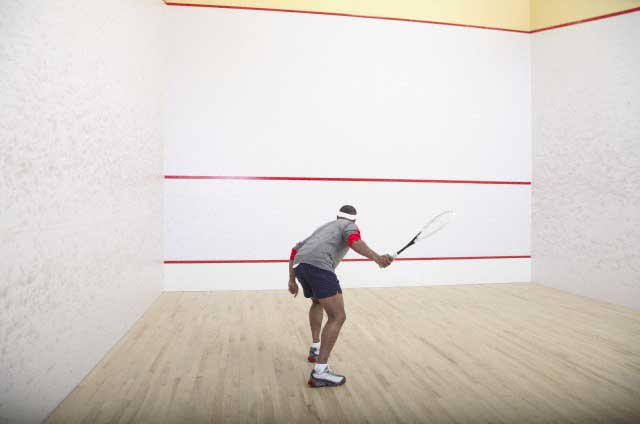It’s Never Too Late … Learn A New Sport

You can learn a variety of sports no matter how old you are. You may want to forget tackle football, but golf, swimming, tai chi, tennis and other racket sports such as squash, racket ball, badminton, and table tennis can be enjoyed by many adults at varying ages.
More than ever before, you have the opportunity to employ the Internet to learn a new sport or expand your capabilities in existing sports. On Squidoo, for example, you can receive step-by-step instruction by qualified experts on topics from where to sign up for lessons, how to buy the right equipment at the right place, how to enhance your skills, and where to find camps, schools, and instruction.
Family Circle offers techniques and tips on everything from surfing to rock climbing to Zumba. While geared towards women and children, the information provided here is of value to anyone seeking to become proficient at a new sport. For whatever sport you wish to take on, here are some basic tips to help you succeed:
— Watch a sport several times before deciding to participate. The variety of sports televised today, particularly on cable channels gives you an opportunity unlike ever before. You can watch golf, frisbee-throwing, hang gliding, and extreme workouts in ways unavailable even 10 years ago. Watching a sport also gives you a practical notion of what to do once you actually begin practicing.
— Learn the rules of the game. For some sports, the rules are long and involved. For others, such as hiking, a simple tip sheet will suffice. In any case, stand on the shoulders of masters and reduce your learning time: read the articles and instruction guides, or learn from audios/videos on how to engage in the sport.
— If the sport requires equipment, rent at first if you can, or find good second-hand equipment online by searching sites such as www.craigslist.com. Don’t plunk down a chunk of change before you know what you’re doing. If you live near a Play It Again Sports store, see what’s available. You could be saving lots of money while achieving maximum enjoyment.
— As with nearly every new endeavor, practice practice practice. You can read about an activity, you can watch instructional guides, and you can watch the real thing, but only your own physical engagement will give you a vivid idea of whether or not this activity is for you.
— Learn in a group if you can because it is almost always easier than learning alone. Particularly with groups that meet on a regular basis, you have an incentive to stay on schedule. Others in the group might be counting on you!
— Related to the above, seek opportunities to be involved in teamwork. Participating on a team against another team, or simply volleying with a practice partner such as in tennis, will keep you engaged long after you might otherwise lose enthusiasm or feel drained of energy.
— Pace yourself. You can’t learn all at once, and your body may be unforgiving if you try. Weekend warriors end up with more sprains, aches, and pains than those who take a more measured approach.
— If you’re already fit, your path to mastery is likely to be shorter than otherwise. If you’re not starting out quite as fit, then allow for realistic ramp-up time.
— As you improve, seek more instruction and/or more lessons. Those who become proficient don’t tend to rest on their beginner laurels.
As you proceed, help others along the way. When you instruct others, you actually improve yourself. Remember the sage advice: teach what you wish to master.
Jeff Davidson, “The Work-Life Balance Expert®,” is a professional speaker and thought leader on work-life balance issues. He is the author of “Breathing Space” and “Simpler Living.” For more information, go to www.breathingspace.com.